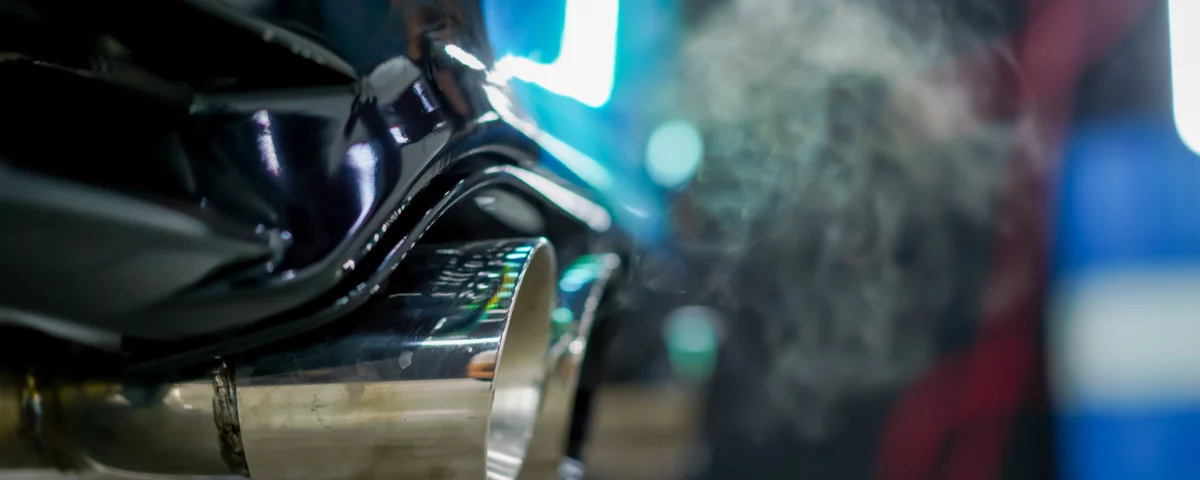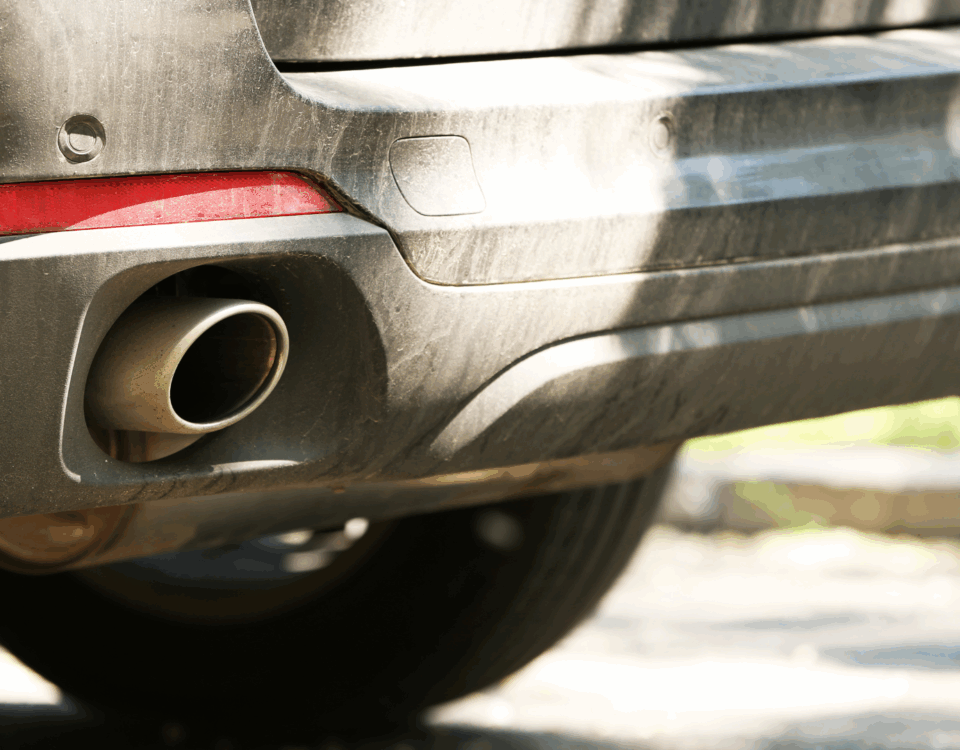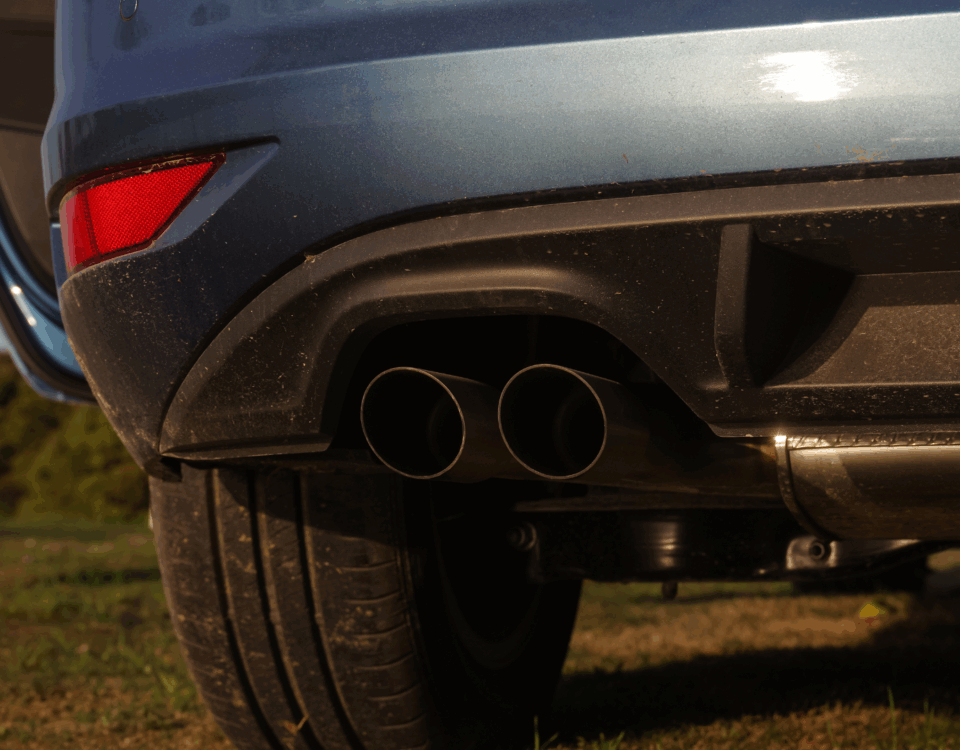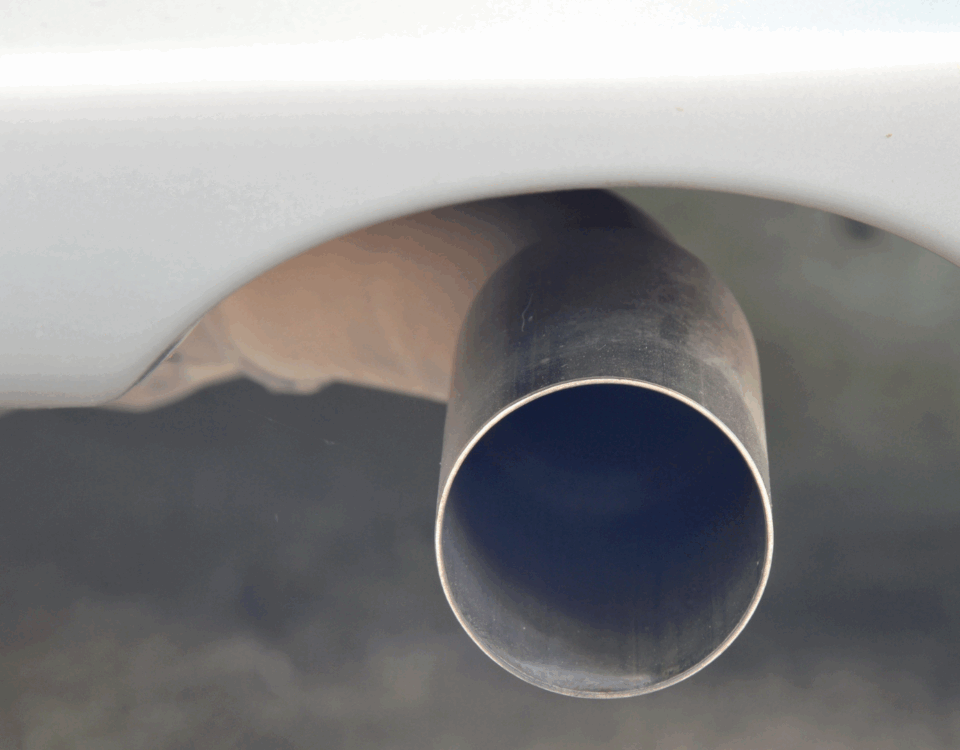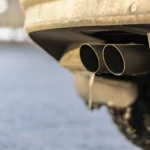
Smog Inspection Station Equipment Explained: What You Need to Know
April 22, 2025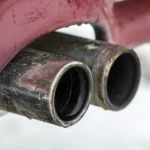
Smog Check and Emissions Test: What Sets Them Apart
April 26, 2025Understanding the Purpose of a Smog Check
A smog check is a test performed to ensure your vehicle’s emissions system is working correctly and within state-required limits. The main goal is to reduce harmful pollutants that can damage air quality and contribute to environmental issues. A smog check also verifies that all emission-related components are functioning as intended. This test is required in many states before vehicle registration renewal, especially in areas with high pollution levels.
How an Emissions Test Differs from a Smog Check
While the terms are often used interchangeably, there is a technical distinction between an emissions test and a smog check. An emissions test typically refers to the broader analysis of tailpipe emissions, measuring the output of gases like carbon monoxide, nitrogen oxides, and hydrocarbons. A smog check, on the other hand, includes both the emissions test and a visual inspection of the vehicle’s emission control systems. It’s a more comprehensive process.
Components Inspected During a Smog Check
During a smog check, technicians examine several components including the catalytic converter, oxygen sensors, and fuel system. These parts are critical for reducing emissions and maintaining vehicle performance. The inspection also checks for modifications that might bypass or disable emissions systems. If a problem is found, it may require repair before a passing certificate is issued.
State Requirements and Compliance for a Smog Check
State laws determine when and how often a vehicle must undergo a smog check. California, for example, has some of the most stringent regulations due to its ongoing air quality challenges. Vehicles may need to be checked every two years, depending on age and type. Failing to comply with these requirements can result in penalties or an inability to renew registration.
Why a Smog Check Matters for Public Health
A regular smog check helps protect public health by reducing harmful emissions that contribute to respiratory problems, especially in children and older adults. The process is a key part of statewide strategies to improve air quality. By ensuring vehicles stay within emissions limits, smog checks help minimize environmental damage and promote cleaner air in communities.



